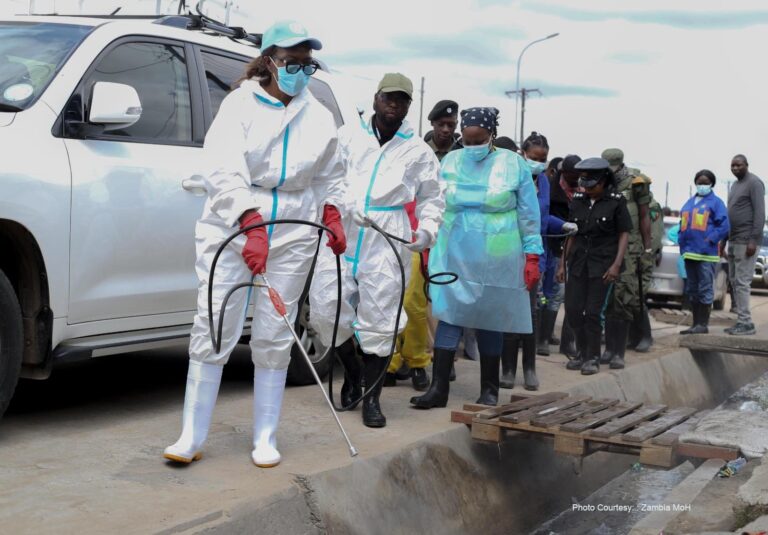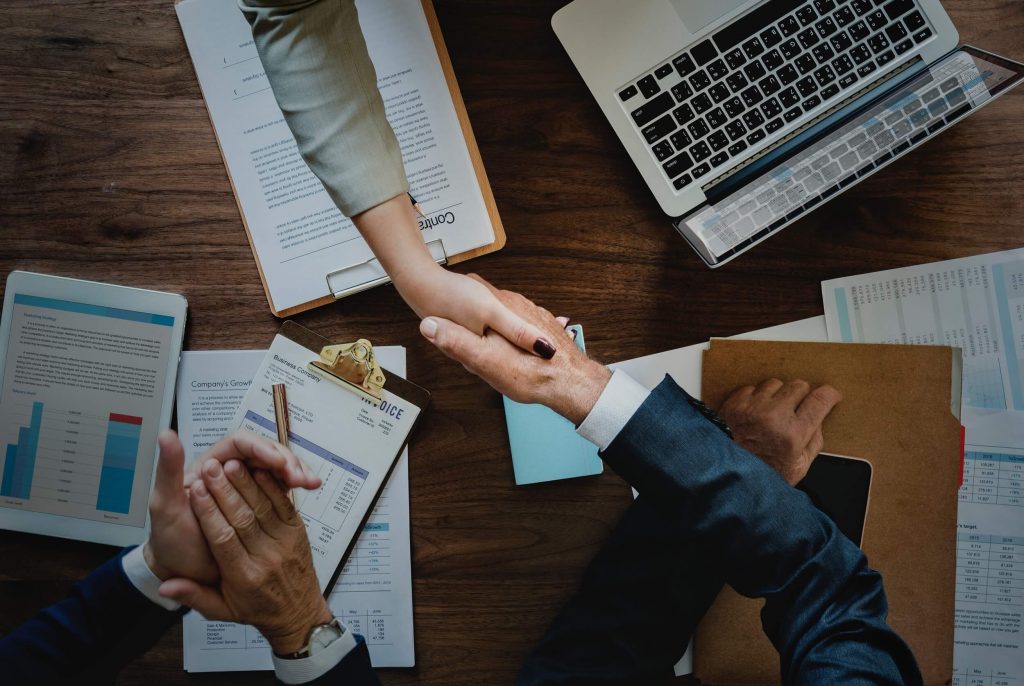Global Health & AI
Predicting Pandemics, Protecting Lives
Aikkiya’s Global Health & AI project transforms health systems from reactive to predictive — saving lives, money, and future development.
7 Proven Benefits of AI for Global Health
The Challenge
Our predictive health system delivers measurable impact for communities, governments, and global health partners:
Early Outbreak Detection – Spot health risks before they spread.
Rapid Response – Mobilize vaccines, medicines, and clean water in time.
Lives Saved – Cut cholera and malaria cases by 20–40%.
Maternal & Child Health – Reduce mortality by 15–30%.
Smarter WASH Interventions – Improve efficiency by 25–40%.
Cost Savings – Countries save $500,000–$1.5M annually.
Sustainability – A subscription model that funds itself and strengthens NGOs.
The Challenge
Zambia has experienced 29 cholera outbreaks since 1977. The most recent, in 2023–2024, affected 10,887 people and caused 432 deaths.

Behind these numbers lie systemic problems:
🚱 Weak water and sanitation infrastructure
🏥 A health system that reacts instead of prevents
💉 Limited access to vaccines and essential resources
This reactive model costs lives, resources, and long-term development.
From Reactive to Predictive Healthcare
Our approach uses AI-driven analysis to detect risks early and trigger fast interventions.
📊 AI-Analysis – combining health, climate, and socio-economic data
⏱ Early Warnings – identifying risks before outbreaks escalate
🚑 Rapid Response – mobilizing medicines, vaccines, and water in time
📱 Mobile Reporting – enabling real-time community input via SMS and apps
This transforms health systems from passive responders to proactive protectors.
Our Roadmap
Months 1–6: Data collection & system integration
Months 6–12: AI-model development & training
Months 12–18: Pilot in Zambia
Months 18–24: Evaluation & refinement
Months 24–36: National scale-up and regional expansion (Malawi, Mozambique)
Impact & Results
Expected outcomes within 3 years:
🦠 Reduction of cholera & malaria cases by 20–40%
🤰 Reduction of maternal & child mortality by 15–30%
💧 Increased efficiency of WASH interventions by 25–40%
👉 Partner with us to scale this innovation → Contact info@aikkiya.org
This project directly contributes to:
SDG 3: Good Health & Well-Being
SDG 6: Clean Water & Sanitation
Built on Strong Partnerships

This initiative will be co-created with:
Ministry of Health Zambia
Women in Global Health Zambia
International partners in Global Health
- Private Fundings
Leadership:
Kristina Rosic – Strategic Director, Aikkiya
Flata Mwale – Deputy Chapter Lead, Women in Global Health Zambia
Funding & Sustainability
⚡ Every subscription pays for itself in under a year by preventing outbreaks.
Aikkiya and Women in Global Health are building a model that is both life-saving and self-sufficient.
💡 How it works:
Investors provide seed funding for development and pilots.
Each country then pays a monthly subscription to access the predictive AI system.
The fee covers adaptation to national data, continuous monitoring, and local capacity-building.
🌍 Why countries join:
For governments, the system is not a cost but a savings engine. By detecting outbreaks earlier, it reduces emergency response expenses, protects economies from shutdowns, and saves lives. Each country can save $500,000–$1.5 million annually, while paying only a fraction of that in subscription fees.
📊 Sustainability:
Subscriptions from multiple countries create a steady income stream for Aikkiya and Women in Global Health.
This revenue makes both organizations independent of traditional aid cycles and able to scale across Africa.
Investors see their support multiplied as the system grows: for every $1 invested, countries save $2–5 in avoided costs.
👉 The result: stronger health systems, reduced risk of pandemics, and two NGOs that sustain their mission through innovation.
💡 Why it matters
This model makes governments save 2–5x their subscription cost each year. At the same time, it builds predictable revenues that make Aikkiya and Women in Global Health self-sufficient. For investors, this means early support multiplies in value as the model scales across Africa.
